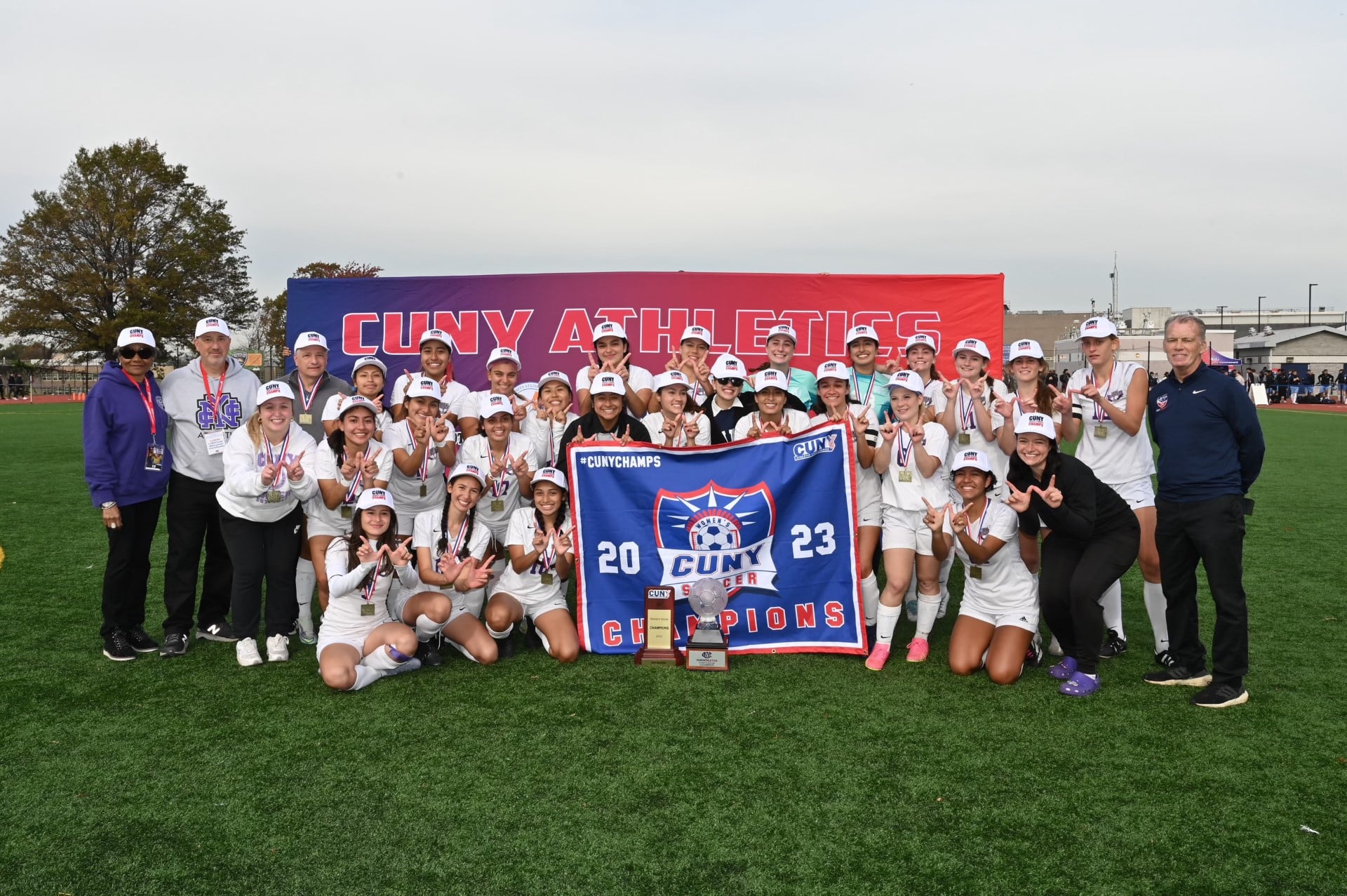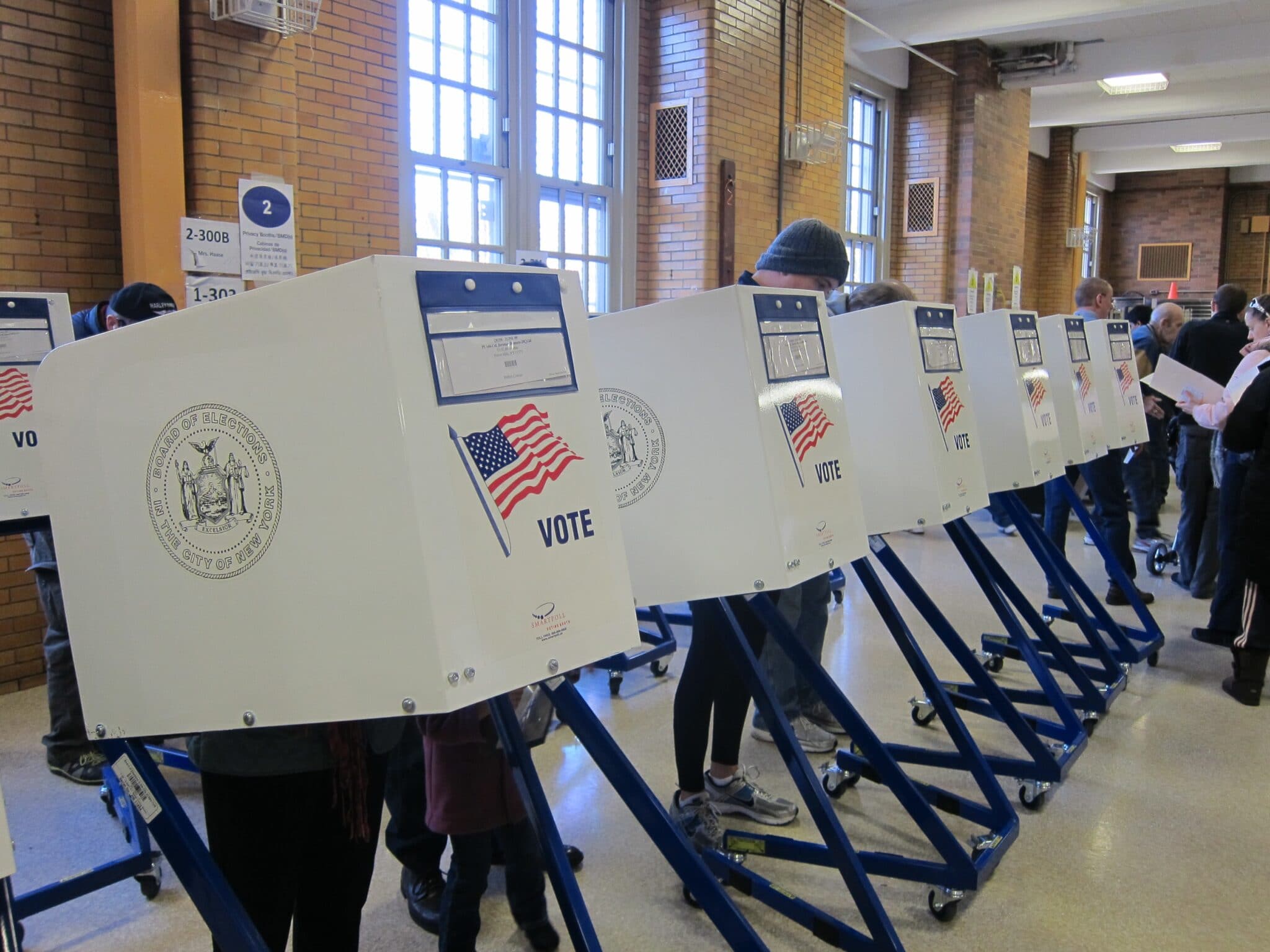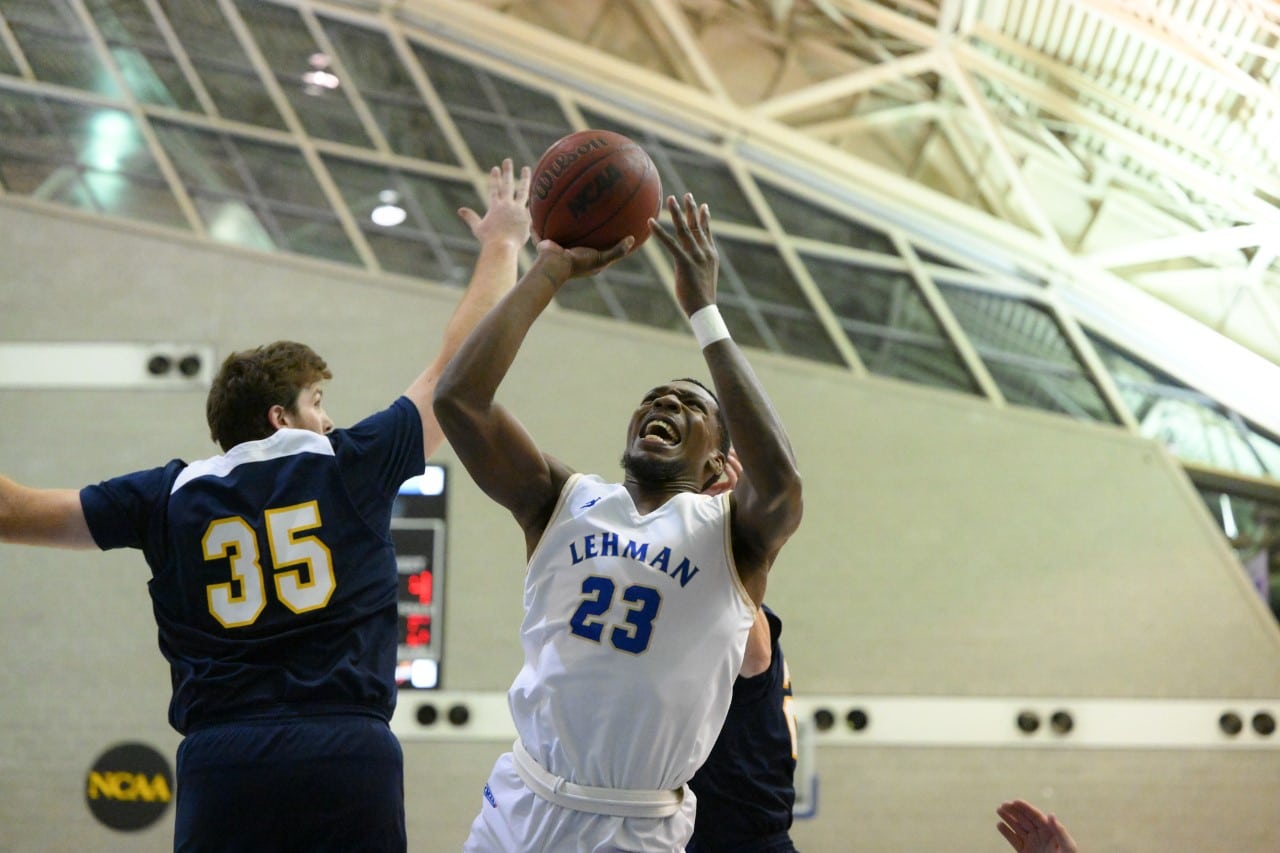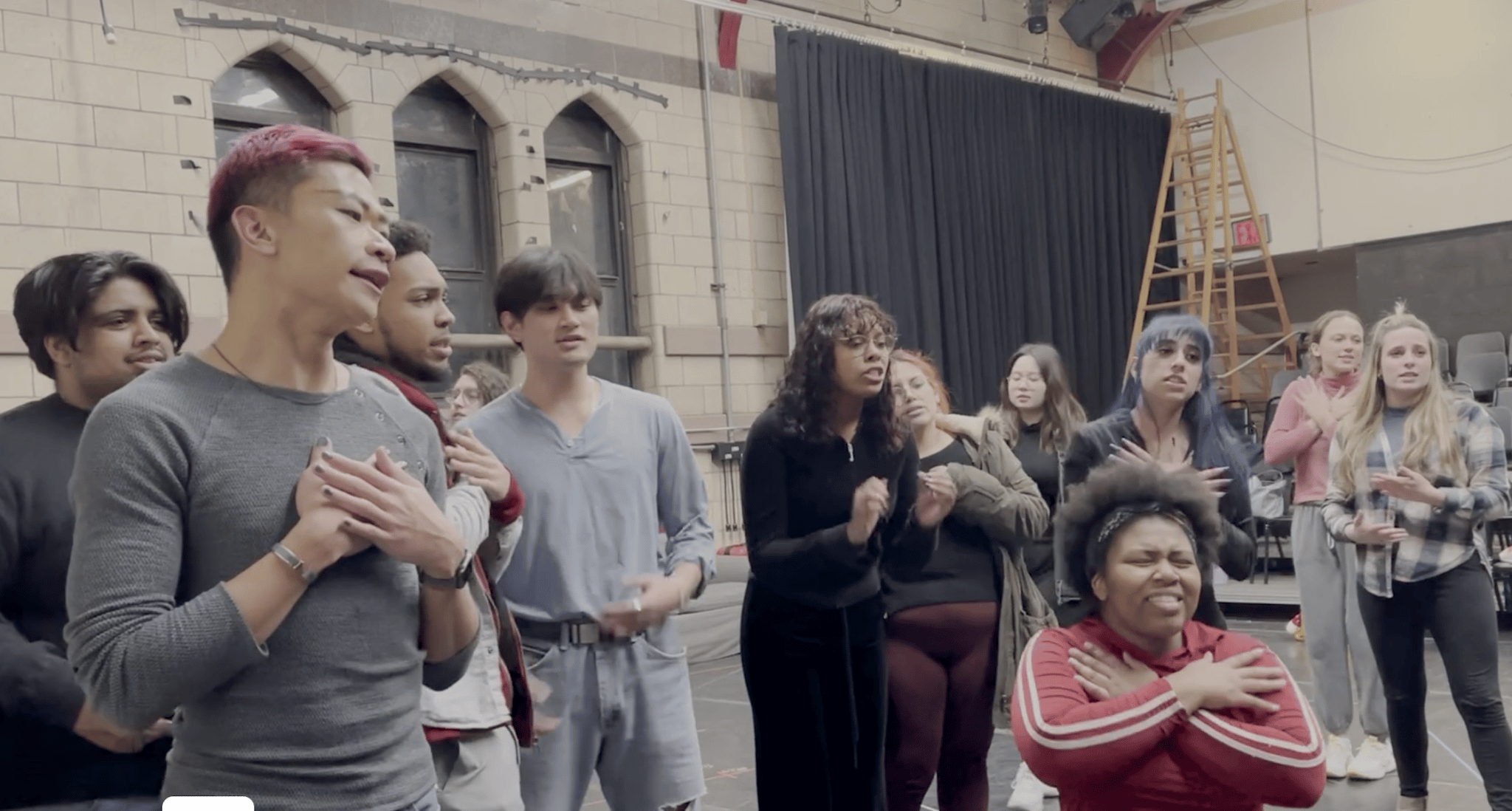The City College women's soccer team pose for a photo after winning the match. Photo by Sebastian Bush/CCNY/Athletics
A victorious story took an unexpected turn when the triumphant City College of New York (CCNY) women’s soccer team found itself denied a spot in the Division III NCAA Championships just two days after its big conference win. “Despite us having played all our required games our league was disqualified from participating in the NCAA tournament,” said Isabel Osorio, the junior defender. “The team was devastated by the news.”
This wasn’t just a stroke of bad luck. It happened because the CUNY Athletic Conference (CUNYAC) lost its automatic qualifier (a.q.). The CUNY conference did not meet the requirements because two teams — York College and Medgar Evers — failed to play enough games for CUNYAC to retain its status.
This disappointment raises the question of why CUNYAC couldn’t meet NCAA criteria.
The CCNY Women’s Soccer team did have an opportunity for an NCAA Tournament at-large bid from the selection committee. But the strength of the Beavers’ tournament match record came under scrutiny because five out of 13 regular-season games were against CUNYAC opponents. The committee decided that the overall strength of the schedule was not robust enough for the at-large bid. That seemed to make a strong statement about the competitive landscape within the CUNY conference.
Under NCAA rules, the conference must have a minimum of six teams. It needs at least eight players to start a contest, and play a minimum of 13 matches. York College and Medgar Evers did not meet these requirements. “We were eligible for the a.q. this year, but we failed as a conference to meet the requirement. So as a result, we did not receive the bid,” said Carl Christian, CUNYAC Interim Director
Christian explained that losing the NCAA’s a.q. status was the collective responsibility of the entire conference. He emphasized that it was not just something that happened to CCNY but a consequence for the group as a whole. Looking ahead, he was optimistic about future eligibility and stressed the importance of strategic planning to strengthen the conference. He acknowledged the challenges faced by certain programs and proposed measures such as identifying core sports for sponsorship and potentially adding new members to the conference.
“This all speaks to a larger challenge in terms of participation numbers, roster sizes, programming, low enrollment, what programs are established and viable. For example, Baruch and Hunter don’t sponsor women’s soccer and other schools don’t sponsor tennis. With basketball and men’s soccer we have all eight programs (colleges) sponsoring. So if one or two teams potentially should have an issue it wouldn’t necessarily put the a.q. at risk. We don’t have that kind of safety net in certain sports that we have in others,” said Christian.
CUNY officials might blame the COVID pandemic for the failure of some schools to mount strong programs. But Christian acknowledged that the NCAA provided CUNYAC a grace period by lowering the minimum requirement of teams from seven to six teams coming off the pandemic. Despite this, the conference fell short.
“They’ve lowered the threshold to be eligible for an a.q. From that perspective we just did not meet the criteria,” Christian said.
But still. The elation of a championship moment now ebbs in the face of a larger narrative—the conference’s failure to monitor its members or make a timely appeal to the NCAA. This isn’t just about CCNY — it’s about how the conference let its teams down.
Christian said that he and others argued on behalf of the CCNY women’s soccer team.
“There was communication with the NCAA championships staff,” he added. “This went down to the deadline. This went down to the end of the postseason, selection Sunday. You had to appeal at a certain timeline to meet the criteria. Even then there was communication with our staff to see if there was any scenario which would still be granted and literally went down to the wire here to get that clarification.”
One glaring issue emerged. Christian said there was, “The lack of clarity and communication with the teams with regards to the circumstances that led to them not being awarded the a.q. …I definitely think it could’ve been handled better. It came down to miscommunication. People kind of never wanted to open up a can of worms if you will, or ask the tough questions. But ultimately there was communication about this throughout the fall semester.”
He acknowledged the emotional toll of the CUNYAC’s disqualification. “It kills me that they did not get that opportunity,” Christian said. “I understand the disappointment. We had a tremendous final. [CCNY] had a great experience seeing them have the success they did and celebrated the way they did. Was definitely great coming off the pandemic.”
Louis Manoussos, CCNY Head Coach, expressed a mix of disappointment and frustration. “We were a little bit disappointed, but once that initial wave left, we just have to make sure it doesn’t happen again,” Manoussos remarked.
CCNY Athletic Director Steve Macias said, “You need to have the recruiting effort and you need to have stability in your department for you to get players. I think certain schools don’t have either because of lack of stability or you either have a lack of recruiting. And you find that with teams that don’t have coaches during recruiting season.”
The elation of a championship moment now ebbs in the face of a larger narrative—the conference’s failure to monitor its members or make a timely appeal to the NCAA. This isn’t just about CCNY; it’s about how the conference let its teams down.
Looking ahead, Christian shared a positive insight about next year’s CUNYAC women’s soccer season. “We did get clarity from the NCAA if we meet the 6-team requirement for sport sponsorship next year we will be eligible for the a.q. in the same way we were for this year first and that’s been communicated to the a.d.’s, (athletic directors),” said Christian.
The NCAA did not respond to an interview request from Harlem View.
Despite multiple emails and phone calls, neither the coaching staff nor the athletic directors of York College Cardinals commented. The head coach of Medgar Evers Cougars did say in a phone conversation said that he does not have permission to comment on this situation.
That silence echoes the larger question of accountability.
Tags: Carl Christian CUNYAC Interim Director CCNY Athletic Director Steve Macias Cesar Omar Vazquez City College of New York Athletics City College of New York women's soccer team CUNY Athletic Conference CUNYAC Isabel Osorio Louis Manoussos CCNY Head Coach NCAA sports
Series: Sports






